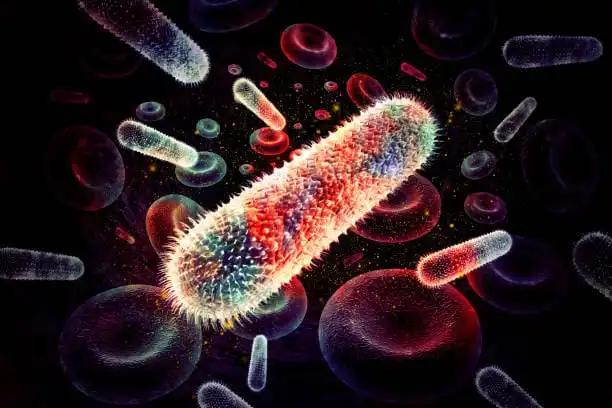KEY TAKEAWAYS
- This Phase II trial assessed the impact of DLC during Stem Cell Transplantation in MM patients.
- Endpoints were B/Z medication use, physical/mental QOL, distress, insomnia, and study interventions.
- The study showed that DLC during ASCT improved physical QOL and lower distress levels.
In the context of multiple myeloma (MM) treatment through Autologous Stem Cell Transplantation (ASCT), patients (pts) often face impairments in their quality of life (QOL), which can lead to lasting psychosocial complications or early exit from the workforce. A pilot study previously showed the feasibility of Digital Life Coaching (DLC), in which certified coaches engage with pts via phone or text to offer wellness guidance during the peri-ASCT period. This randomized Phase II trial explored the impact of DLC in this patient population.
The study randomized English-speaking MM pts who owned mobile phones into two groups: one that received wellness handouts (control group) and another that received a 16-week DLC subscription starting on Day 10. Endpoints were the usage of benzodiazepine or zolpidem (B/Z) drugs, physical/mental QOL (PROMIS Global Health), distress (Distress Thermometer), insomnia (PROMIS Sleep Disturbances 4A), and Likert scales regarding study interventions. Linear Mixed-Effect Modeling (LMM) was employed to compare the patient-reported outcomes.
Because of inconsistent rates of ASCT deferrals after enrollment, 50 pts (21 in the DLC arm and 29 in the control arm) were assessable. Initial characteristics, B/Z usage, mental QOL, and insomnia were comparable between both groups, except age (median age 68 in the DLC arm vs 61 in the control arm, p<0.01). Physical QOL showed improvement in the DLC group (mean LMM difference of +4.9, with a 95% CI of +2.0 to +7.9). Also, 86% in the DLC group, compared to 67% in the control group, saw a meaningful increase in physical QOL by the end of the study compared to engraftment (≥5 points). A borderline improvement in distress was also noted (mean LMM difference of -0.7, 95% CI of -1.6 to +0.1). Specifically, 10% in the DLC group vs 28% in the control group reported heightened distress (≥4) in the final assessment. Net Promoter Scores (with positive scores indicating high perceived value by pts) were -16% for the control group and +6% for the DLC group.
Despite limitations such as underpowering and a global decline in B/Z drug use compared to historical figures, this study showed that DLC during ASCT was linked to improved physical QOL and trending towards reducing distress. Ongoing studies are exploring the utility of DLC in other oncology settings, including relapsed MM.
Clinical Trial: https://classic.clinicaltrials.gov/ct2/show/NCT04589286
Banerjee, R. Randomized Phase II Study of Digital Life Coaching during Stem Cell Transplantation for Myeloma.



